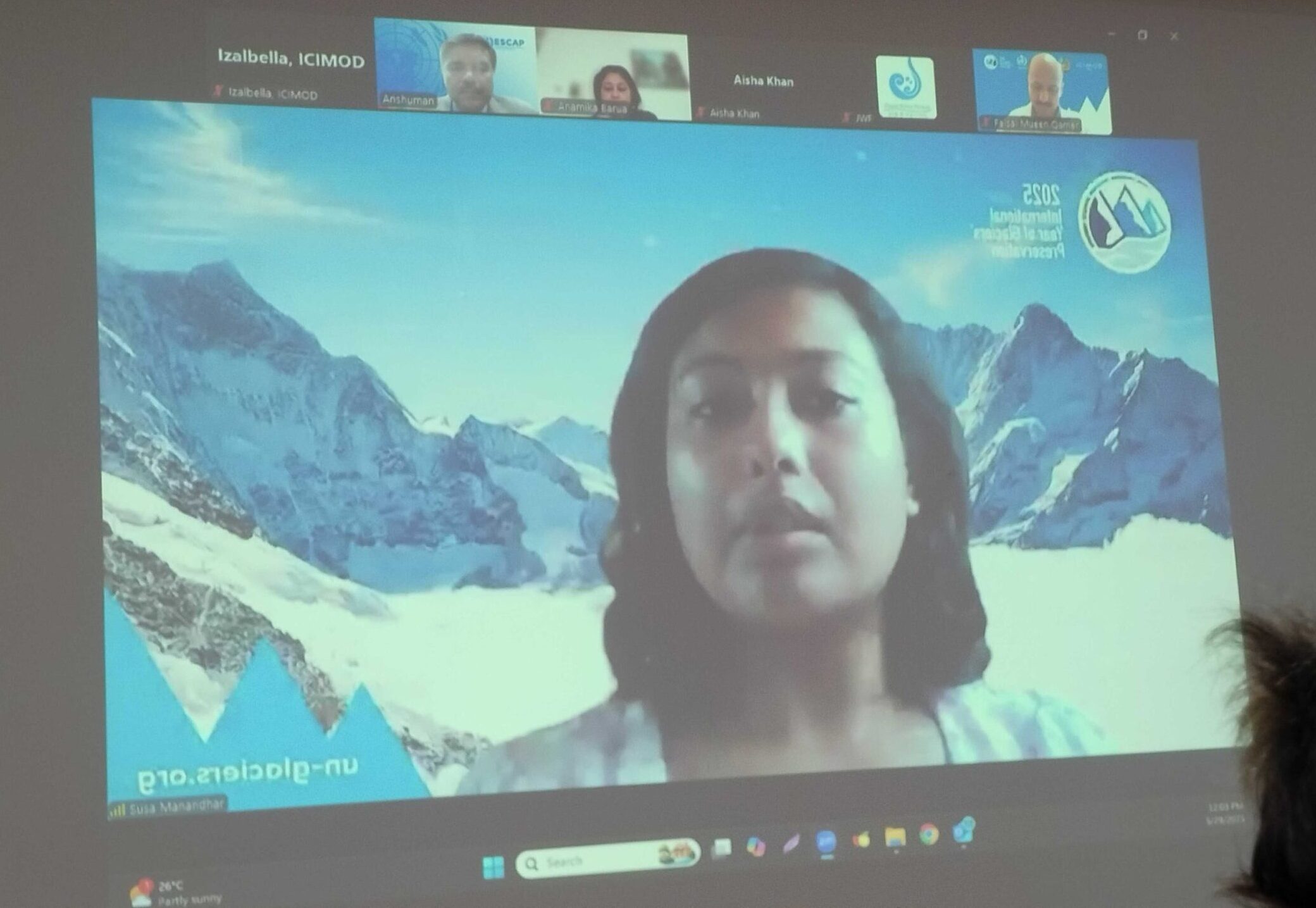The Small Earth Nepal (SEN) along with project partners Center of Environment and Geographic Information Services (CEGIS) based in Dhaka and Global Change Impact Studies Center (GCISC) based in Islamabad organized a regional level sharing workshop in Dhaka, Bangladesh on 18th and 19th February 2017. The workshop was organized to share the project findings from each of the participating countries: Nepal, Bangladesh and Pakistan. The workshop was organized as a part of two years research project ‘Runoff Scenario and Water Based Adaptation Strategies in South Asia’ supported by Asia Pacific Network for Global Change Research (APN) under its Annual Regional Collaborative Project (ARCP) program.
During the formal inauguration session chaired by Engr Waji Ullah, Executive Director of CEGIS, Dr. Madan Lall Shrestha, the project Leader shared the ideas and objectives of the ongoing project. Dr. Shrestha highlighted on the three case study sites taken in each of the partnering countries. Dr. Shrestha also spoke some of the flagship programs of the APN. Dr. Zafar Ahmed Khan, Senior Secretary, Ministry of Water Resources, Government of Bangladesh, as a chief guest of the inaugural session, appreciated the project team for organizing the high level meeting including the policy makers, decision makers and scientists for sharing the findings, which are indeed essential for decision support system.
Following the inaugural session, the technical session was chaired by Professor Dr. Ainun Nishat, Professor Emeritus at BRAC University in Dhaka in which three papers were presented by the delegates each from Nepal, Bangladesh and Pakistan. We used the advanced ICT tool, skype teleconference, for connecting the delegates from Pakistan as they were not able to join the meeting in-person due to some administrative reasons.
The case study site in Nepal is Karnali basin, Gilgit basin in Pakistan and Ganges-Padma basin in Bangladesh. All the countries are using the Coordinated Regional Downscaling Experiment (CORDEX) data for developing the climate scenarios for the future. The country papers described the status of the past and future climate and its impacts to the river runoff scenarios. It has been identified that the rate of increase of temperature is higher in high altitude regions and the dry season and the regions are becoming even drier in the future. The next plan is to develop the water based adaptation strategies on the basis of the runoff scenarios in each of the case in study basins. There were some constructive comments on selection of the case study sites and harmonization in hydrological modeling along with other suggestions and comments. The research team will incorporate the relevant comments and suggestions that came up during the workshop in producing the final report.



